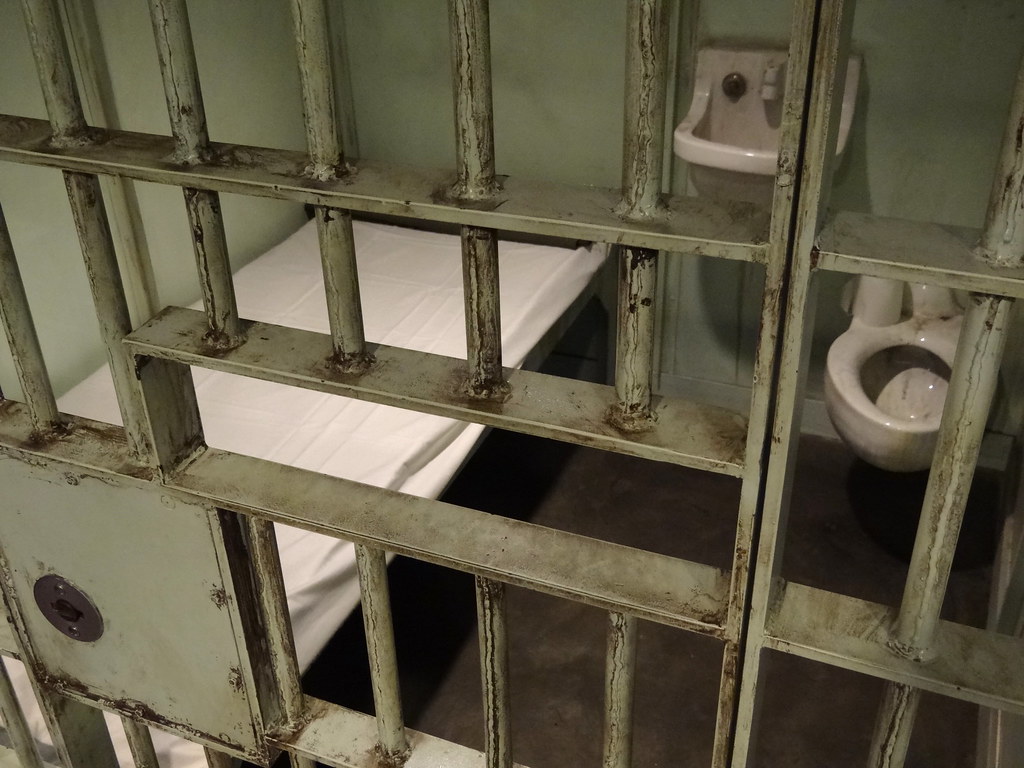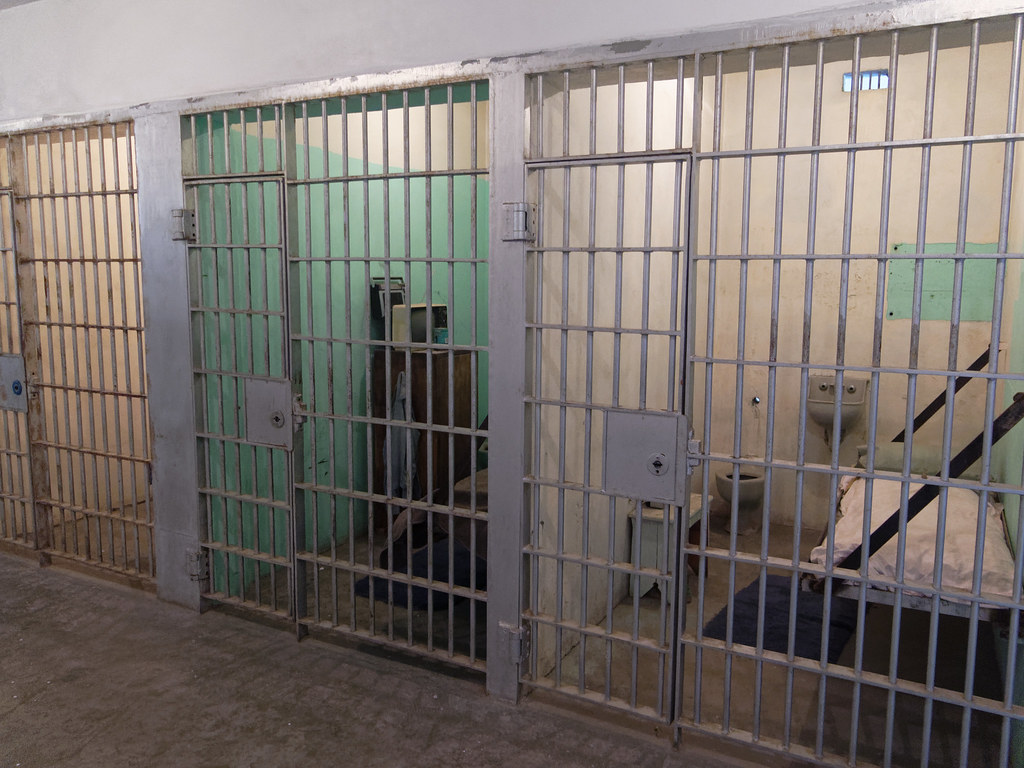This document proposes a fundraising partnership between the Capital Post Conviction Project of Louisiana (CPCPL) and restaurants in New Orleans—including five proposed partners—through percentage night promotions. This proposal also outlines the goals of the fundraiser and methods to measure its success. The education section of the proposal outlines the three main categories of information that will be incorporated into the campaign to raise awareness about the fundraiser and the work of the CPCPL. These categories are the exoneration rates of death row defendants, the fiscal cost of the execution system, and the racial disparities in the application of the death penalty.

Empty prison cell credit JobsForFelonsHub
The CPCPL is a nonprofit organization in Louisiana that works with individuals sentenced to death row in the state. Their work is guided by their mission statement, “vigorously defending those sentenced to death in Louisiana”, and their vision “eliminating racial and social injustice”. To achieve these goals, they work to uncover any suppressed or undisclosed evidence from the original trial and prosecutorial or judicial misconduct. A new development in the facts or figures of the case would be required for the courts to reverse the original decision.
To finance the important work the CPCPL does, this document proposes a series of restaurant partnerships to raise money for the organization. The fundraiser would be organized with a different restaurant partnership every day for a week. An agreement would be made with each of the restaurants for a percentage of qualifying sales to be donated to the CPCPL. A qualifying purchase would be one where the customer identifies the CPCPL or the fundraiser at the time of purchase. The exact percentage would be decided with the partner restaurant but 8-15% is common. While it is ultimately up to the CPCPL to decide the partner restaurants, the following five restaurants in Uptown New Orleans are proposed as partners: Goodbird, Dat Dog, Slice Pizza, Shwarma on the Go, and 1000 Figs. This fundraiser will benefit both the CPCPL by raising money and awareness and the restaurants by bringing in customers. The increase in customers is especially impactful as the restaurant industry overcomes the hardships of the Coronavirus pandemic.
The fundraiser aims to raise money to support the work of the CPCPL in accomplishing its mission and vision statements, raise awareness about the failings of the death penalty and those working against it, and engage the community with the organization and the issue online. To measure the success of these three primary objectives, several factors will be considered. First, the amount of money raised by the fundraiser. Second, the engagement of the community in terms of the number of individuals that mention the fundraiser. Finally, the engagement of the community online in terms of raising awareness about the issue. While this final factor may not be as easy to judge as the others, quantitative measurements such as the number of views or shares on posts about the fundraiser or the death penalty will be useful tools in judging the success of digital engagement efforts.

Cells on death row.
This proposal advocates using the ViaNOLAVie platform in addition to social media to share statistics and other data about the ineffectiveness and injustice of the death penalty—both nationally and in Louisiana. This information can be split into three categories: exoneration rates, fiscal impact, and racial disparities in the application of the death penalty. The statistics on exonerations and those found to be innocent after execution is astounding. One out of every ten men sentenced to death in the United States is proven innocent, sometimes after execution, and there have been 11 men on death row exonerated in Louisiana since 1980, eight of them since 2000. On the fiscal side, a report done by Loyola University’s law school found it costs the state of Louisiana an estimated $15,600,000 per year to maintain the death penalty, and that number only covers the cost of those already sitting on death row. From arrest to execution for a crime occurring after August 1st of 2019, the report estimates that it would cost $281,000,000. An analysis conducted by Frank Baumgartner and Tim Lyman in 2015 for the Loyola University of New Orleans Journal of Public Interest Law found that those accused of killing a white the victim made up 96% of all executions. Further, an individual is 48 times more likely to be executed for killing a white woman than a black man. These statistics demonstrate the staggering inequality in the application of the death penalty. These statistics demonstrate the importance of the work that the CPCPL does and represent only a fraction of the information about the failings of the death penalty.
Cost of flyers:
Total cost: $800
 NOLAbeings Multimedia artist Claire Bangser created NOLAbeings as a portrait-based story project that marries...
NOLAbeings Multimedia artist Claire Bangser created NOLAbeings as a portrait-based story project that marries...  Voodoo in New Orleans: Reviving history: New Orleans fortune telling This article takes a deep dive into the history of Voodoo in New Orleans, its hybridization with Catholicism, and its present-day place in the city's culture. The author visits fortune-tellers in the French Quarter, using their guidance as a tool for introspection rather than a deterministic predictor of the future. Through her experiences in New Orleans, the author feels a mystical connection to both the past and the future.
Voodoo in New Orleans: Reviving history: New Orleans fortune telling This article takes a deep dive into the history of Voodoo in New Orleans, its hybridization with Catholicism, and its present-day place in the city's culture. The author visits fortune-tellers in the French Quarter, using their guidance as a tool for introspection rather than a deterministic predictor of the future. Through her experiences in New Orleans, the author feels a mystical connection to both the past and the future. 